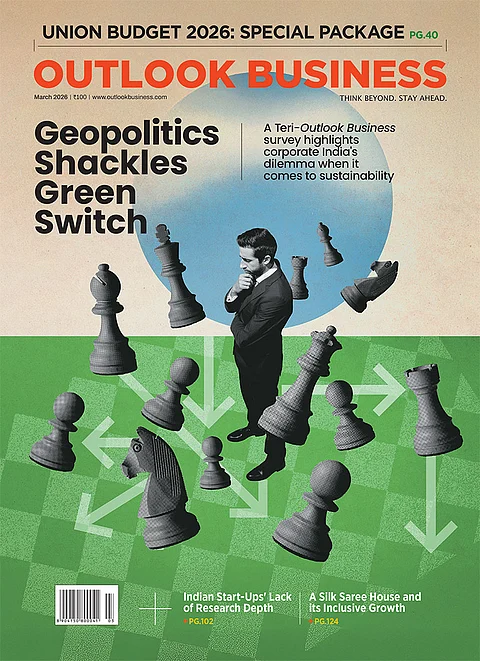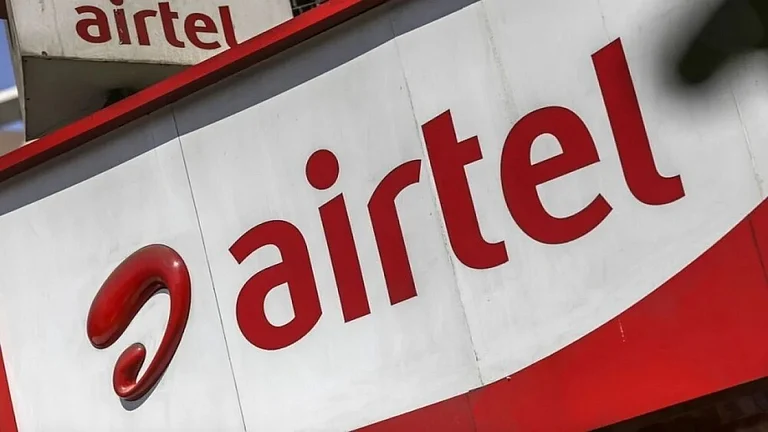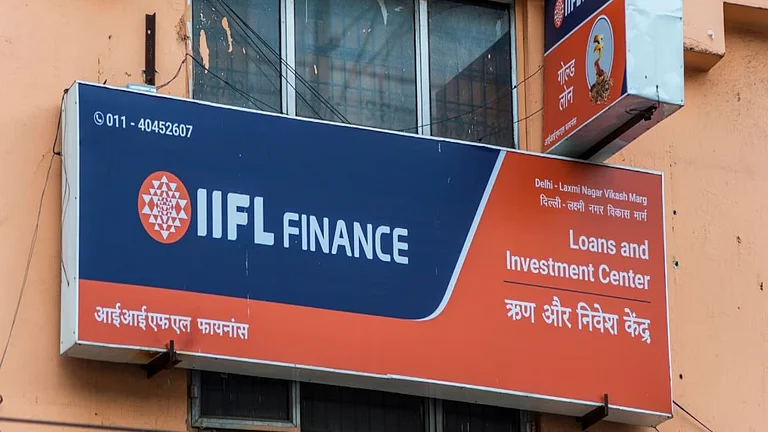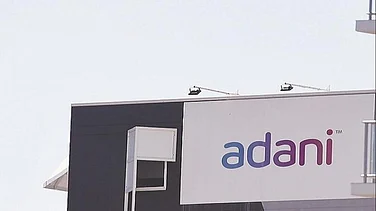Food delivery giant Zomato has opted to withdraw its application for a non-banking financial company (NBFC) license, deciding to exit the lending business. This decision was made by the board of Zomato Financial Services Limited, a wholly owned subsidiary, as announced in an exchange filing on July 2.
The company stated that this move does not significantly affect its revenue or operations and that the disclosure is voluntary. In a regulatory filing, the company said that they do not want to pursue the lending business anymore.
Recently, Moneycontrol reported that there were talks between Zomato and multiple NBFCs to revive its merchant plans. The company was reportedly planning to lend working funds to its partner restaurants.
Zomato was reportedly planning to operate as a loan service provider as part of the deal. As an LSP, the company was reportedly meant to obtain loans from its partners and distribute the funds to prospective borrowers, earning a fee based on its agreement with the lender.
A Sneak Peek into the Lending Business
Zomato has never talked extensively about its lending business. While its rival Swiggy entered the lending arena in 2017, Zomato did the same in 2020.
During the Covid-19 pandemic, with the aim of helping restaurant partners with credit facilities, Zomato collaborated with Incred. The idea was to help uplift the food delivery industry, which was severely affected by the Covid-19 pandemic.
Speaking about the initiative in 2020, Rakesh Ranjan, Chief Sales Officer, Zomato, said, “It will help our restaurant partners with easy, risk-free credit options designed to achieve their operational and bottom-line goals.”
Since then, the company has started tying up with other NBFCs as well, including Indifi and Neogrowth. With a focus on the payment section, in August 2021, the company launched Zomato Payments Private Limited.
The aim of the subsidiary was to deliver, execute, manage, support, offer, distribute, and promote various services and schemes to consumers. This includes all types of digital payment options, such as virtual payment systems, e-wallets, cash cards, and more.
Zomato's Brief Stint With the Payment Aggregator License
This year, Zomato Payments Private Limited even got the nod of the central bank to act as a payment aggregator on January 24. A third-party payment service provider, a payment aggregator, helps merchants accept payments from customers online.
However, the journey of the payments arm was short-lived. Just a few months after getting the payment aggregator license, the company surrendered the same in May of this year.
In a regulatory filing, the company said that it didn’t itself have a significant competitive advantage against the incumbents in the payments space. Hence, they didn’t see the space as commercially viable.
The food delivery giant eventually extended its reach to Zomato Financial Services Limited, a wholly owned NBFC of the company. The company had stated that the NBFC would have a proposed paid-up capital of Rs 3 crore and an authorized capital of Rs 10 crore.
The company had said in a statement that they could add significant value and improve the experience of their platform partners with this initiative without requiring Zomato to allocate significant capital. Still in the queue to receive the RBI license, the company eventually put a full stop to its NBFC dream.
RBI Crackdown on NBFCs
The central bank has increased its monitoring of NBFCs. Recently, nine NBFCs, including Vigfin Holdings Pvt Ltd, Strip Commodeal Pvt Ltd, Allium Finance Pvt Ltd, Eternite Finvest Pvt Ltd, Fino Finance Pvt Ltd, Allegro Holdings Pvt Ltd, and others, submitted their licenses to the RBI.
In November 2023, the RBI increased the risk weights on unsecured consumer loans, including credit cards, by 25 percent for both banks and NBFCs. Cautioning MBFCs and microlenders against high interest rates, RBI Governor Shaktikanta Das said, “Interest rates of banks, non-bank lenders, and microfinance institutions are completely deregulated, and the RBI's guideline is that rates must be fair and transparent.”
As per the Indian Express, the governor recently said that bank lending to NBFCs has decreased to around 18 percent from 29–30 percent.
Despite this, the attraction for NBFC licenses remains high. Speaking to Outlook Business, Sameer Singh Jaini, founder and chief executive of The Digital Fifth, said earlier that despite regulator challenges associated with the route of obtaining an NBFC license, the autonomy and control over operations that it offers are greater.
Meanwhile, Zomato is placing significant emphasis on its quick commerce platform, Blinkit. In addition to achieving positive adjusted EBITDA in March, Blinkit’s operational revenue reached Rs 2,301 crore, compared to Rs 806 crore in the previous fiscal year.
































